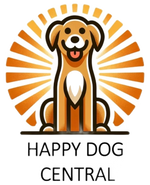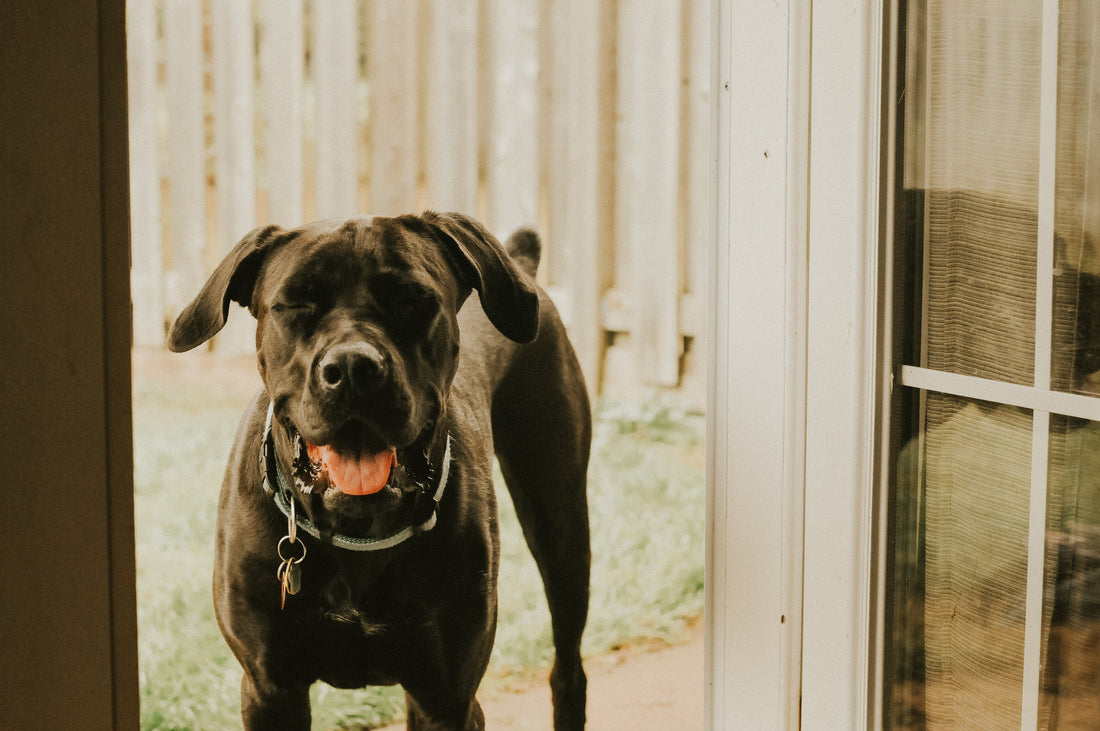Seeing your dog in discomfort from an injury can be heart-wrenching, especially when they persistently lick the wound. While it’s natural for dogs to lick their wounds, believing it might help, it often introduces bacteria and prolongs healing. Here’s a comprehensive guide to stop your dog from licking their wound and ensure a speedy recovery.
Why Do Dogs Lick Their Wounds?
Dogs lick their wounds as an instinctive way to soothe soreness, similar to how humans rub a bruised area. Some believe that dog saliva has antibacterial properties, but it also contains harmful bacteria that can infect wounds, causing delays in healing.
Risks of Wound Licking
Excessive licking can:
- Introduce bacteria, leading to infections.
- Remove scabs, hindering the healing process.
- Cause further irritation and inflammation with
Will a Wound Heal if a Dog Keeps Licking It?
While a wound can still heal if a dog licks it occasionally, excessive licking can delay the healing process and increase the risk of infection. Dog saliva contains bacteria that can contaminate the wound, causing secondary infections and other health complications. Persistent licking can also remove scabs, leading to prolonged healing and increased inflammation.
How to Promote Wound Healing in Dogs
- Prevent Licking: Utilise collars, sleeves, or bandages to stop your dog from licking the wound.
- Proper Wound Care: Clean the wound with a mild antiseptic solution as advised by your veterinarian. Keep bandages clean and dry.
- Medication: Use prescribed antibiotics or pain relief medications as directed by your vet.
- Provide a Safe Environment: Ensure your dog has a clean and comfortable space to rest and recover. Limit vigorous exercise to prevent strain on the wound.
- Mental Stimulation: Engage your dog with toys and training to keep them mentally occupied and less focused on the wound.
- Nutritional Support: Provide a balanced diet to support overall health and recovery. High-quality dog food with essential nutrients can aid in the healing process.
Consulting a Veterinarian
If your dog continues to lick their wound despite taking preventive measures, consult your veterinarian. Persistent licking might indicate pain, discomfort, or an underlying issue that needs professional attention. Your vet can prescribe medications, recommend alternative methods to prevent licking, and provide guidance on proper wound care.
By following these guidelines, you can help ensure your dog’s wound heals properly and they return to their happy, healthy self as soon as possible.

